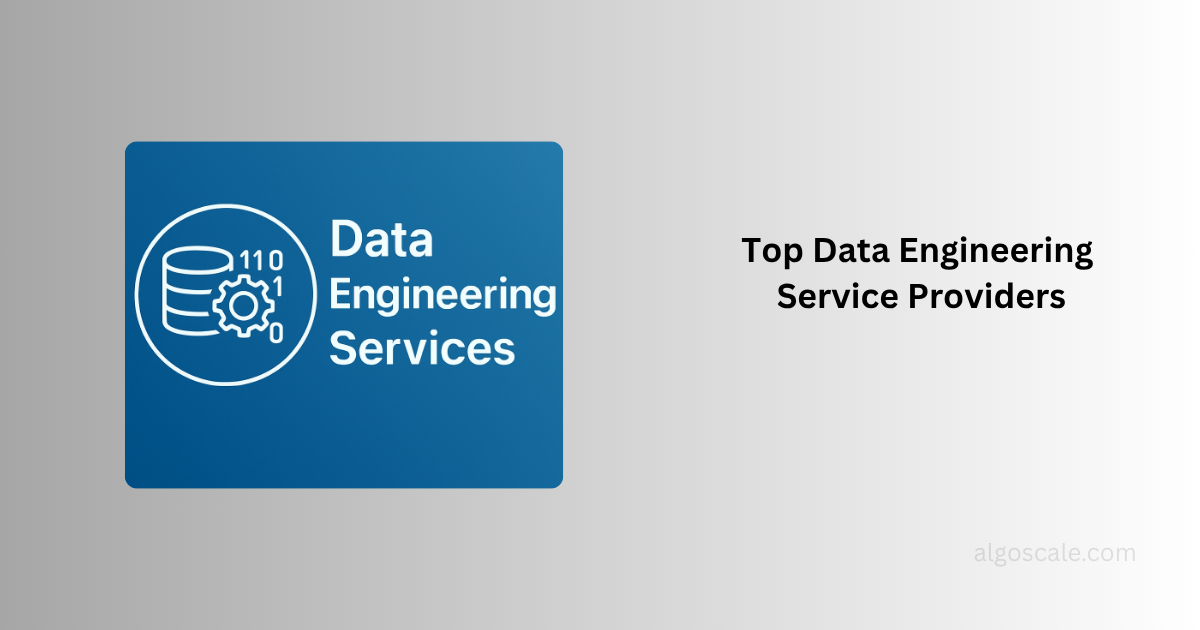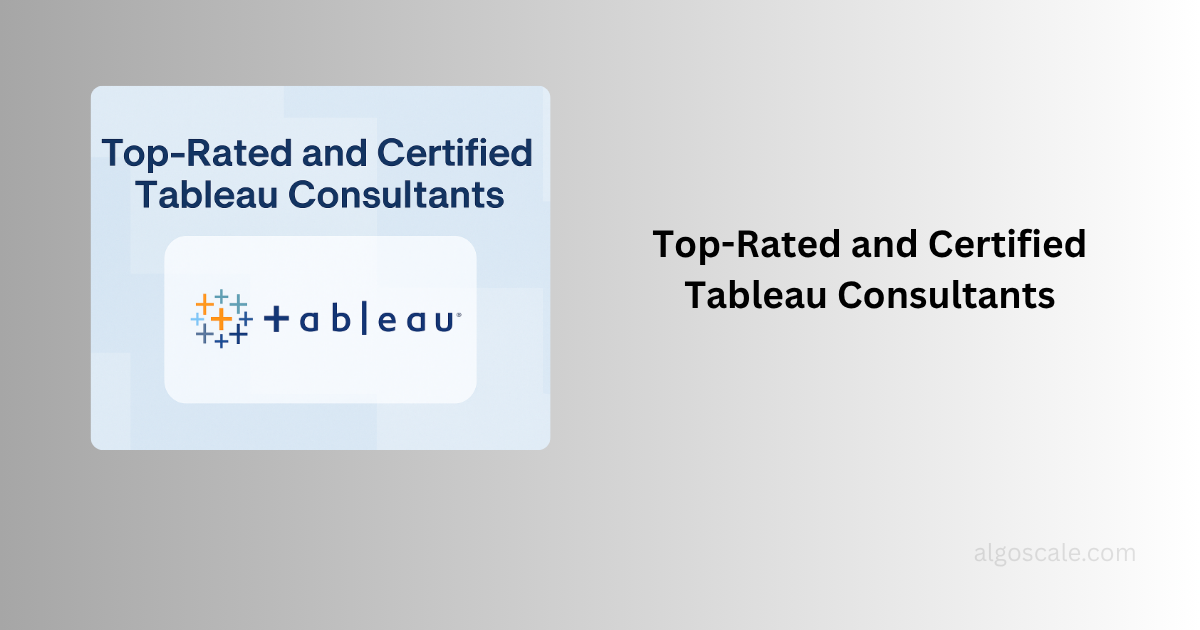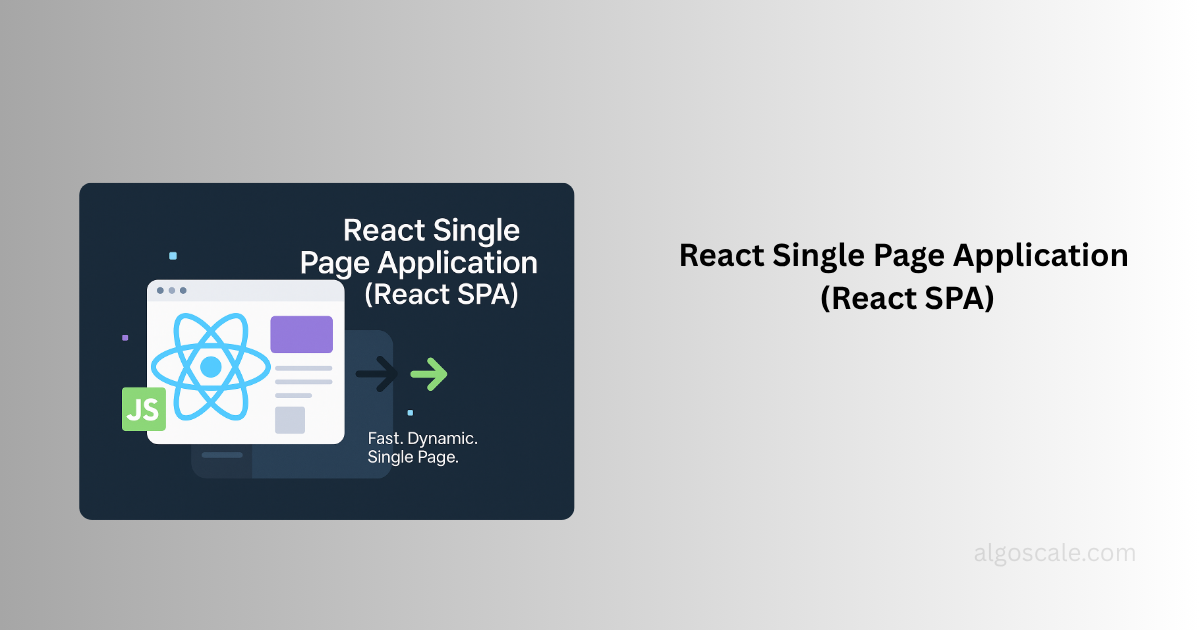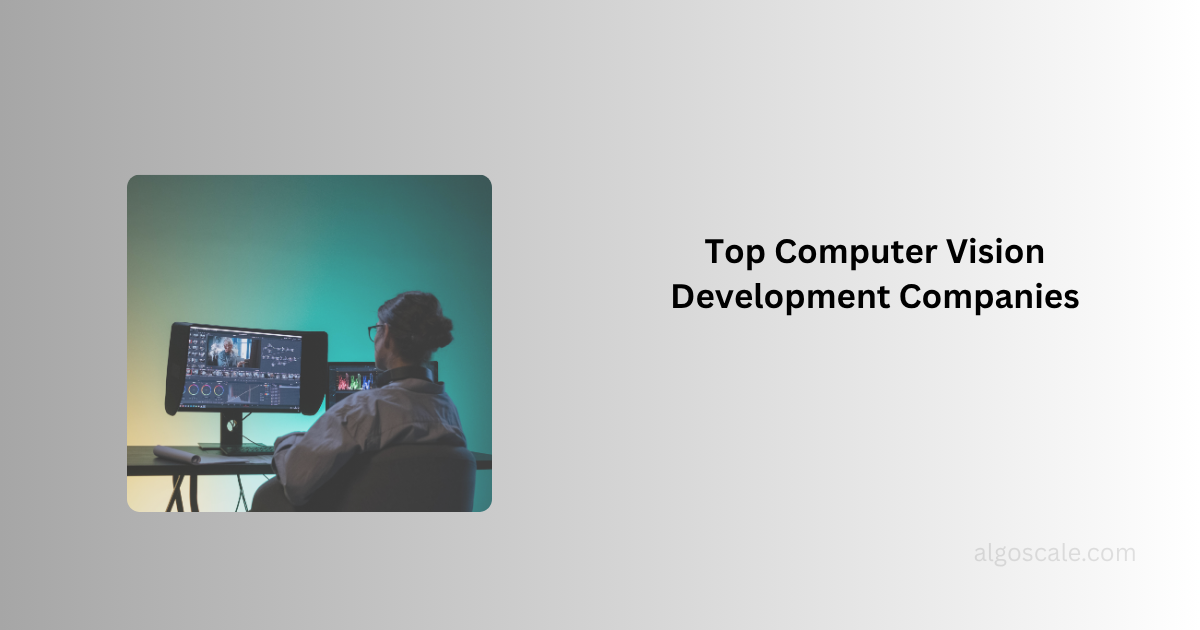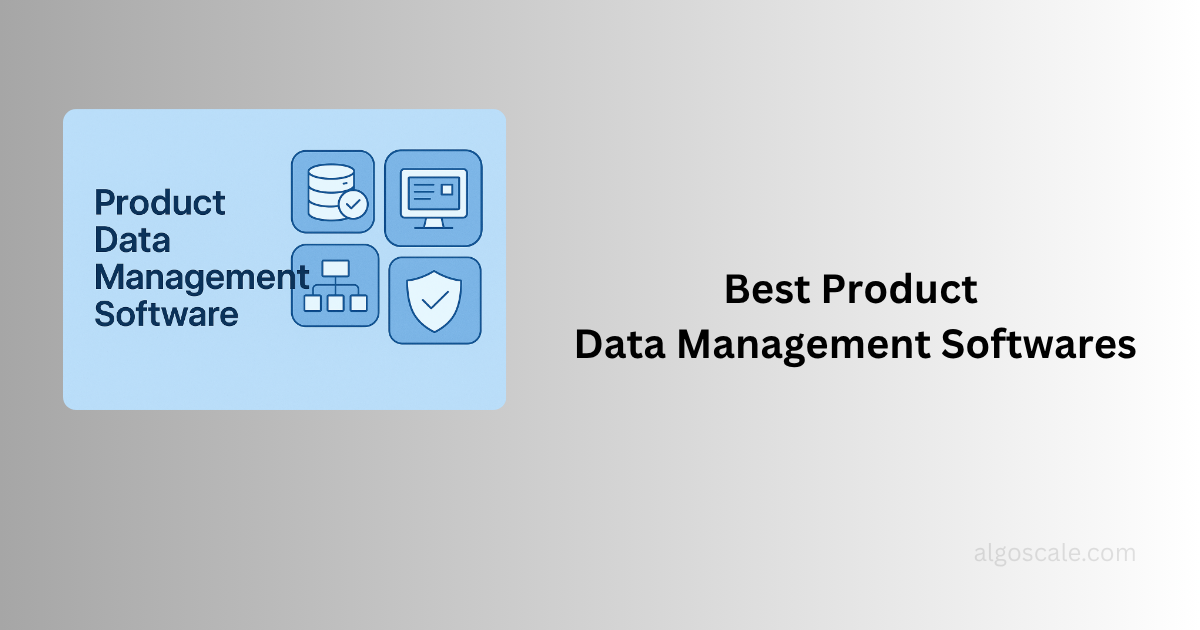The healthcare industry is constantly evolving, thanks in large part, to the widespread adoption of new technologies.
Today, an increasing number of healthcare organizations are investing in healthtech digital innovation to improve the quality of patient care and boost the affordability of medical services.
As per statistics, the healthtech industry market size was over $233.5 billion in 2022 and is expected to showcase a 15% CAGR between 2023 and 2032. Staggering numbers, right?
However, the development of healthtech solutions is not very easy. Factors such as data security and the need for real-time updates and flexibility can make the entire process challenging. Thus, developers need the best technologies, such as the MERN stack to power the successful development of health IT solutions.
The MERN stack, which stands for MongoDB, Express JS, React JS, and Node JS, is a popular choice for developing web applications due to its scalability, flexibility, and ease of use. In today’s blog, we will understand all about MERN stack development and why it is a great option for building reliable healthcare software solutions.
Benefits of Using MERN Stack for Healthtech Solutions
MERN stack development is a great option for building web applications, consisting of MongoDB, Express.js, React, and Node.js. While many technology stacks can be used to build healthtech applications, the MERN stack has several advantages that make it a good choice for this domain:
- Security: Security is a critical consideration for healthtech applications, which often handle sensitive patient data. The MERN stack includes security features such as authentication and authorization, and MongoDB includes built-in security features such as encryption and access control. This ensures all the patient data is kept secure and private.
- Scalability: Healthtech applications often need to handle large amounts of data and user traffic, and the MERN stack is well-suited to this task. MongoDB is a scalable NoSQL database that can handle large volumes of data, while Node.js is a high-performance server-side platform that can handle many simultaneous connections.
- Real-time updates: Many healthtech applications require real-time updates to keep users informed of their health status or to enable remote monitoring by healthcare providers. The MERN stack includes technologies such as WebSockets and React, which make it easy to build real-time, responsive user interfaces.
- Cross-platform compatibility: Healthtech applications may need to be accessible on multiple platforms, including desktop and mobile devices. The MERN stack allows for the development of cross-platform applications that can be used on a variety of devices and operating systems.
- Rapid development: The MERN stack is based on popular and well-documented technologies, which makes it easy to find resources and tools for development. Additionally, the stack includes tools such as React Native that enable the rapid development of mobile applications. You can opt for expert healthcare IT consulting services to identify a timeline for your product development.
Best Practices for Building Healthtech Solutions with MERN Stack
Here are some best practices for building healthtech applications with the MERN stack:
- Plan your application architecture: Before starting to build your healthcare IT solution, you should plan your application architecture, including the design of your database schema, API endpoints, and frontend components. This will help you to keep your code organized and maintainable.
- Use Git for version control: Use Git for version control and create a repository for your application. This will help you to keep track of changes to your code and collaborate with other developers if necessary.
- Use a modular structure: Organize your code into modular components, such as models, controllers, and views, which will make it easier to manage your codebase.
- Implement authentication and authorization: Healthcare applications deal with sensitive patient data, and security should be the top priority. Developers should implement strict security measures such as authentication and authorization to protect patient data, encryption of sensitive data, and access controls.
- Documentation: Documentation is essential for healthcare applications to ensure that users can understand how to use the system and that the system meets regulatory requirements. Developers should provide clear and concise documentation for end-users, healthcare providers, and regulatory bodies.
- Use a package manager: Use a package manager, such as npm or Yarn, to manage your dependencies and keep them up-to-date.
- Use a deployment pipeline: Use a deployment pipeline, such as Jenkins or Travis CI, to automate your deployment process and ensure that your application is deployed consistently and reliably.
- Testing and Quality Assurance: Healthtech solutions must undergo rigorous testing to ensure that they are reliable and function as intended. Developers should use automated testing tools and manual testing to verify the system’s performance and identify any defects.
By following these best practices, developers can ensure that their healthtech solutions built with the MERN stack are secure, compliant, scalable, easy to use, reliable, and well-documented. It is also advisable to consult a professional product engineering services company or healthcare IT service provider to ensure the development of a robust and dependable solution.
Real-world Examples of Healthtech Solutions Built with MERN Stack
There are several real-world examples of healthtech solutions built with the MERN stack. Here are a few examples:
- Babylon Health: Babylon Health is a UK-based digital health company that provides remote medical consultations via its mobile app. The app is built with the MERN stack and uses AI-powered chatbots to assist patients in their medical consultations.
- Capsule: Capsule is a US-based digital pharmacy that allows patients to order prescription medications online and have them delivered to their doorstep. The platform is built with the MERN stack and uses machine learning algorithms to help doctors and pharmacists better manage patient medication regimens.
- ZocDoc: ZocDoc is a US-based digital health company that provides online scheduling and appointment booking for doctors and medical practitioners. The platform is built with the MERN stack and uses machine-learning algorithms to match patients with doctors based on their preferences and medical history.
These are just a few examples of the many healthtech solutions built with the MERN stack. The MERN stack provides a flexible and scalable framework for building digital health solutions that can improve patient outcomes and increase access to healthcare services.
Conclusion
MERN stack development provides a powerful and flexible framework for building healthtech solutions that can improve patient outcomes and increase access to healthcare services. The combination of MongoDB, Express.js, React.js, and Node.js provides a complete stack for building full-stack web applications with a focus on speed, scalability, and maintainability.
Healthtech solutions built with the MERN stack can leverage machine learning algorithms, AI-powered chatbots, and personalized care plans to provide more effective and efficient healthcare services to patients. These solutions can also help healthcare providers streamline their operations, reduce costs, and improve the quality of care they provide.
Algoscale is a leading healthcare software development services provider that specializes in building custom software solutions for the healthcare industry, and we have extensive experience building solutions with the MERN stack. We also offer end-to-end MVP development services to help you bring your healthcare innovation to life. Get in touch to discuss your project today!


